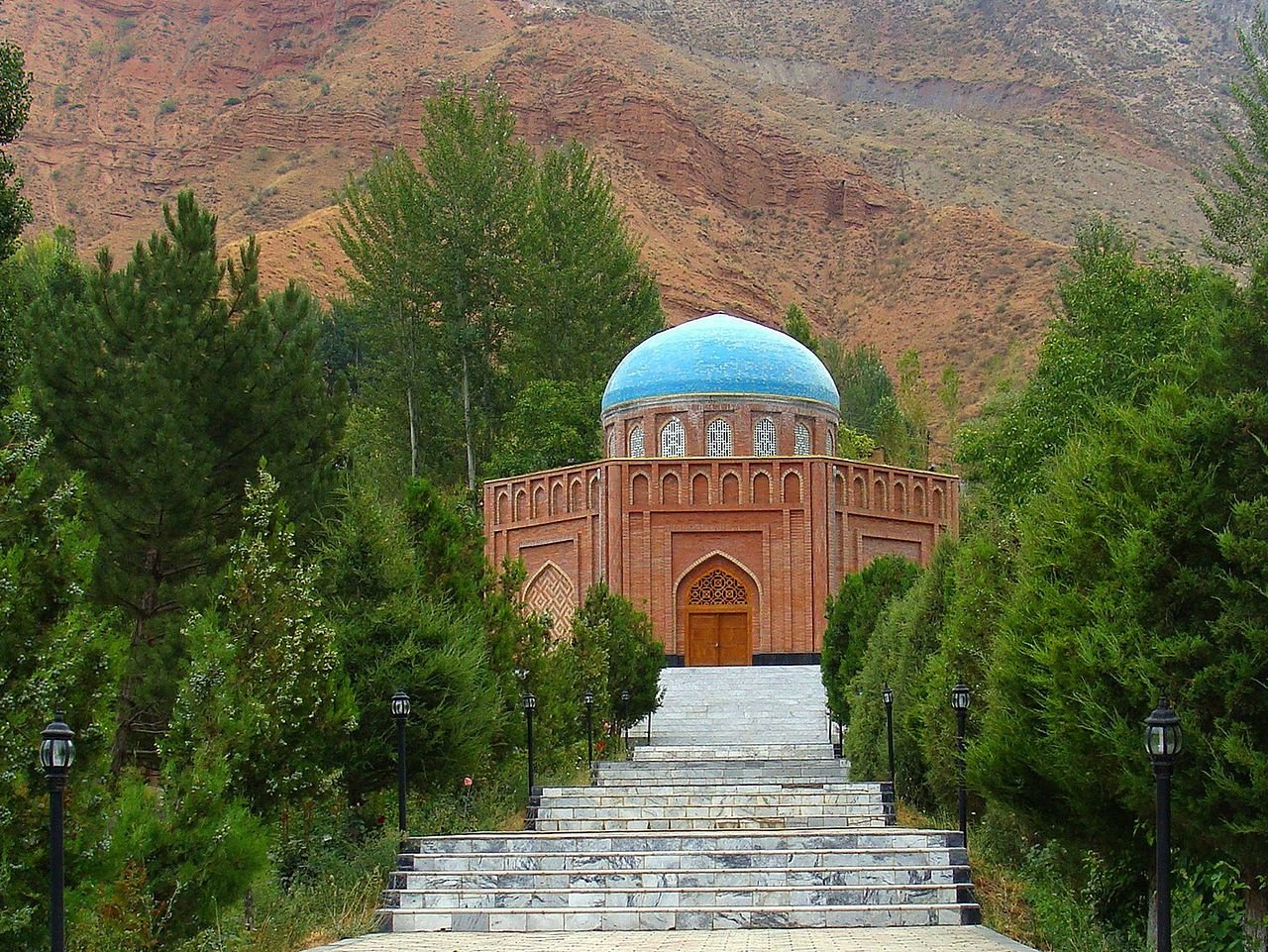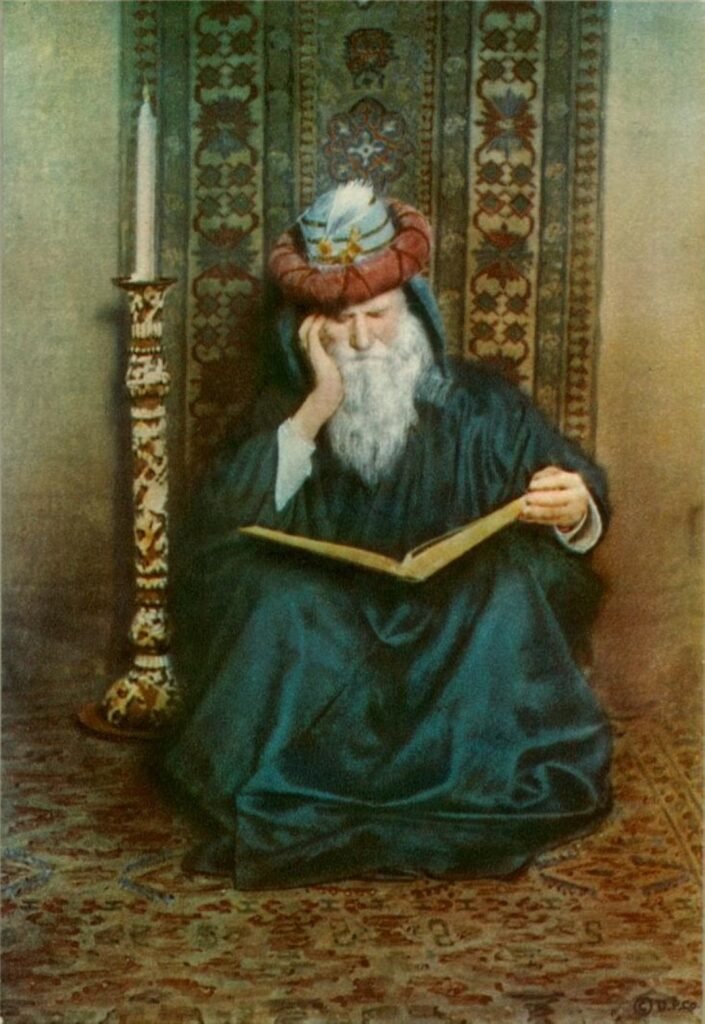Rudaki, the Pioneer of Persian Poetry
Rudaki, also known as Abu Abdullah Jafar ibn Mohammad Rudaki, holds a significant place in the realm of Persian literature as the pioneer of Persian poetry. He is widely regarded as the father of Persian poetry and his works have had a profound impact on the development of Persian literature. Born in the 9th century in Panjrud, Khorasan, Rudaki’s life and poetic legacy continue to be a subject of admiration and study for scholars and enthusiasts alike.

Early Life and Education: Tracing the Roots of Rudaki
Rudaki’s early life is shrouded in mystery, with limited historical records providing insight into his early years. It is believed that he was born into a family of musicians and was blind from a young age. Despite his visual impairment, his passion for poetry and literature flourished. Rudaki received an education in various disciplines, including literature, music, and mathematics. His education would play a crucial role in shaping his poetic style and pave the way for his future literary contributions.
Rudaki’s Influences: Examining the Poetic Inspirations
Rudaki’s poetry was heavily influenced by the cultural and literary climate of his time. He drew inspiration from classical Persian literature, Arabic poetry, and the rich traditions of Persian music. The works of Persian poets such as Ferdowsi and Manuchehri greatly influenced Rudaki’s poetic style, showcasing his ability to blend classicism with innovation. His poetic inspirations were not limited to Persian sources but also encompassed elements from Indian and Greek literature, highlighting his wide-ranging interests and intellectual curiosity.
Literary Contributions: Analyzing Rudaki’s Notable Works
Rudaki’s notable works consist of a diverse range of poetic compositions that explore various themes and emotions. His poetry often revolved around love, nature, and the human condition. One of his most renowned works is the “Qasida,” a form of poetry that praises and eulogizes its subject. The “Qasida” was a popular form of poetry during Rudaki’s time, and his mastery of this form further solidified his reputation as a skilled poet. Other notable works include ghazals, rubaiyat, and masnavis, showcasing Rudaki’s versatility and command over different poetic forms.
Rudaki’s Impact on Persian Poetry: Legacy and Influence
Rudaki’s impact on Persian poetry is immeasurable. He laid the foundation for the development of Persian literature and his poetry served as a source of inspiration for future generations of Persian poets. His use of language, imagery, and rhyme schemes set new standards for Persian poetry and established a distinct poetic tradition. Rudaki’s contributions in elevating Persian as a literary language were instrumental in shaping the Persian literary canon and his influence can be seen in the works of renowned Persian poets such as Rumi and Hafez.
Rediscovering Rudaki: Recognition and Revival of his Work
Although Rudaki’s works were highly regarded during his lifetime, much of his poetry was lost over the centuries. It was not until the 20th century that efforts were made to rediscover and preserve his works. Scholars and researchers dedicated themselves to collecting and translating Rudaki’s surviving poems, ensuring that his literary legacy would not be forgotten. Today, his works are celebrated and studied across the world, and numerous editions and translations of his poetry have been published, allowing a wider audience to appreciate his genius.
Critiques and Controversies: Debating Rudaki’s Significance
Despite Rudaki’s immense contributions to Persian literature, there have been debates and controversies surrounding his significance. Some critics argue that his works lack depth and originality compared to later Persian poets. Others question the attribution of certain works to Rudaki, claiming that they may have been written by other poets in his name. However, these critiques are overshadowed by the overwhelming recognition and appreciation for Rudaki’s influence on Persian poetry, making him an indisputable figure in the literary history of Persia.
Conclusion: Rudaki’s Enduring Legacy in Persian Literature
Rudaki’s legacy in Persian literature is one of immense importance. His pioneering efforts in developing Persian poetry laid the groundwork for the rich tradition that followed. His mastery of various poetic forms, his innovative use of language, and his enduring themes continue to captivate readers and inspire poets to this day. Rudaki’s work is a testament to the power of poetry in expressing the human experience and his impact on Persian literature remains as significant today as it was over a millennium ago. The enduring legacy of Rudaki ensures that his contributions to Persian poetry will be celebrated and cherished for generations to come.



